|
4 hours of practice: No Grinding. Top 5 tips for practicing any musical instrument
Playing
General and Jazz Specific Theory
If you would like some help, call me. David Being able to recognize the forms within a Baroque Dance suite, by ear, will be helpful. This will get you started on your listening journey. Enjoy.
Working through the Four Star Books is recommended. An effective book, but, hardly that exciting. So... Sometimes we work out by ear famous Rock era "licks" or motifs from well know melodies. The famous opening melody uses B, C#, and D. Have a listen and give it a go. Classical motives are fun too. Opening motif is in C minor, starting on G. Da da da DAAA, da da da DAA
Have fun. David Some ideas.
One of my students is working at the early advanced stage of Classical piano. This week Chopin Waltz in b minor and Gnossienne #6 by Satie. Sophisticated music. She is a retired executive whose career spanned the globe. She is an avid concert goer. As in, more than a concert a week. At the end of class I complemented her on her playing and knowledge of the music, it's context, and style. She was slightly taken back. She quickly explained that she has friends who are so much more sophisticated and nuanced in their appreciation of classical music. (One wrote liner notes for a major classical music label, one was a critic if I recall correctly as well.) I pointed out to her that she has learned more than she knew through those friendships. She recalled the after concert socializing where great debates on the merits of the performance. Furthermore, decades of concert going at the great halls of the world leaves a mark. A significant mark. Cheers, David Sometime the stress from the pandemic is a bit too much. It can lower our enthusiasm for practice. So, what to do? Assuming you are not suffering from clinical depression, in which case please seek professional help. This is not the place. But for the rest of us. Try some or all the following.
In the meantime, call me if you would like to meet online. I've dozens of students happily progressing on zoom. David. This late elementary piece has been a hit since the day it was written. Lively and energetic, it is a thrilling piece for students to master. But there are those annoying last four measures which have devilled generations of aspirants.
Consider the following eight points.
David Revised October 2022 How I Prepare to Learn Or Teach A New Piece of Music: Haydn Sonata in C And Bourrée in F By Telemann1/8/2021 When I take on a new piece of music of any complexity I will go through some or all the following steps. My goal is to have a clear artistic impression of the piece before I begin. 1. Compare the different scores available to me. 2. Seek out professional recordings. 3. Print the music as I will be marking it up. 4. Study the form and phrasing of the work. Sometimes, as in the Telemann I will mark in the phrasing. 5. I will consider the era in which it was written for clues on possible interpretations. 6. I translate any unfamiliar terms I find in the score. 7. I might consult other sources to explore the style and era of its creation. For the Sonata in C, I enjoyed re-reading the section on Haydn ornaments in the book below. 8. I will listen to multiple professional performances and mark on the score ideas of interest. I often will slow down a recording to hear how the artist plays their ornaments. 9. I might consult with a colleague or my piano coach as well. In short, I will have a clear set of ideas, those I discovered and my own, to explore as I now start to "learn" the piece. I will share these with my students. If I can help you discover intriguing world of classical music, please call me. David
Will I ever get there? Maybe. An adult student is working on the scherzo of Haydn’s piano sonata in F major Hob.XVI:9 A fun work from RCM level 4. It goes fast, it’s light, it’s fun under the fingers. It reminds me of joyful summer memories as a kid riding our bikes as fast as we can go, just celebrating the joy of movement and being alive. How does one play like that? Can I ever go as fast? Another story. I’ve a young teenage student preparing to sit for her level 8 exam later this month. One of her pieces is Solfeggio in C minor by CPE Bach an extremely fast and demanding piece of music. She runs like the wind through it. The power of youth. Can my 61-year fingers play that fast? Nope. Period. It’s as absurd as looking on while high schoolers compete in the 100-yard dash. Yeah, I can still run fast, but not like that. Moral of the story. Be at peace with it. Now can we learn to play faster. Of course. Can we ever go as fast? Maybe, maybe not.
Now back to Haydn. Pianists who play well, including fast, have worked patiently in the following areas.
If I can help you on your journey, please give me a call. David “Until it’s comfortable” Benny Greb Practice tip #1
How many times do I need to repeat a passage? “Until it’s comfortable” Benny Greb, expert practicer Most students practice until they get it. Professionals practice until it’s comfortable. I buy that. Practice tip #2 Why is proper fingering so important? “Under pressure, a performance, one does not want to train the brain with ineffective or multiple choices of fingering in difficult passages. Under stress the brain will have to decide. It might pick the poor fingering pattern and BOOM! a mistake happens.” So, when learning, take extra care to follow the fingering in the early stages of learning. Don’t give yourself an unnecessary handicap of poor fingering options. David |
You've got to learn your instrument. Then, you practice, practice, practice. And then, when you finally get up there on the bandstand, forget all that and just wail. AuthorI'm a professional pianist and music educator in West Toronto Ontario. I'm also a devoted percussionist and drum teacher. Categories
All
|
||||||||||||||||

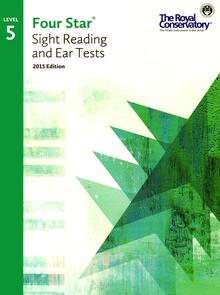
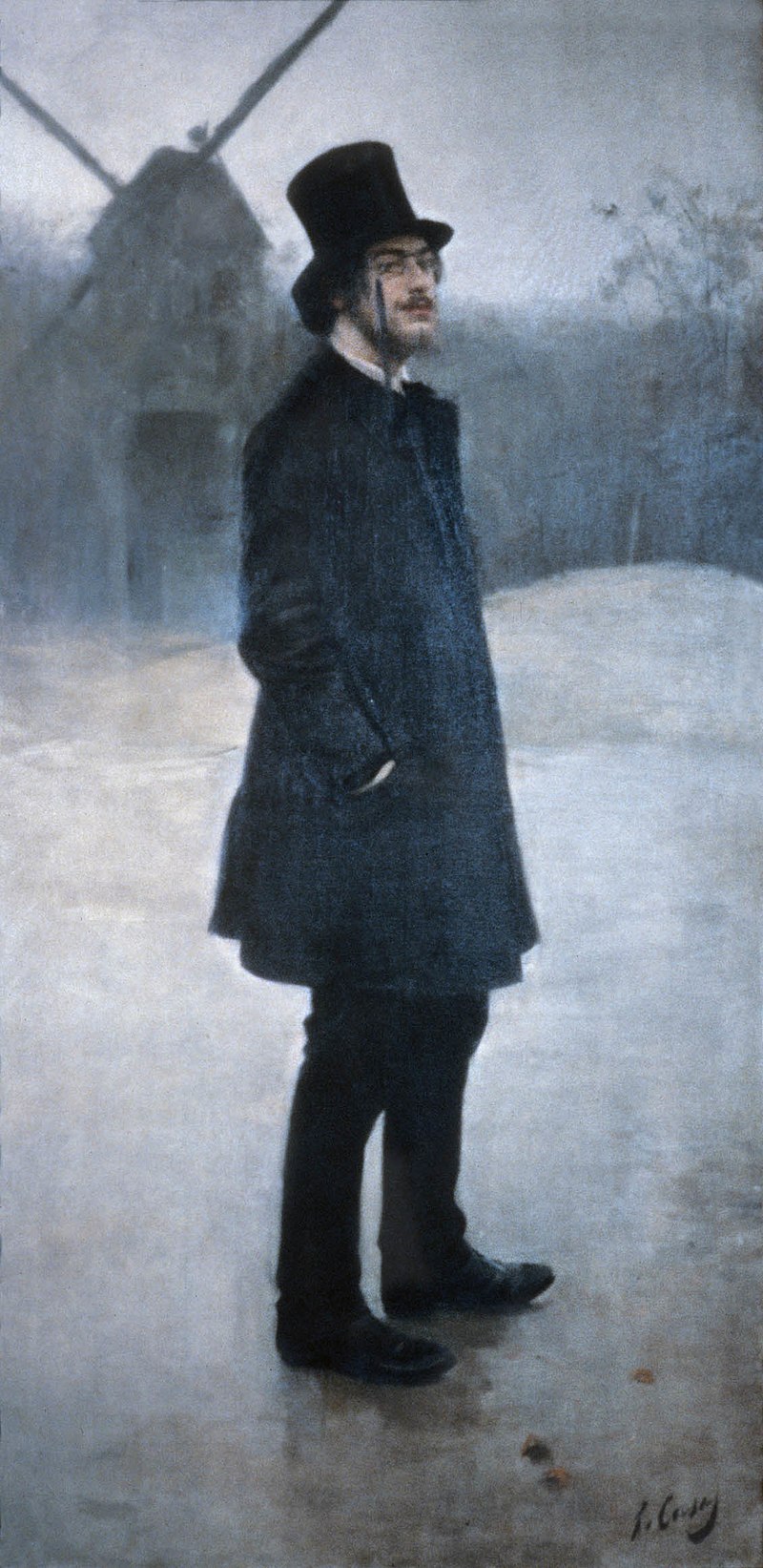
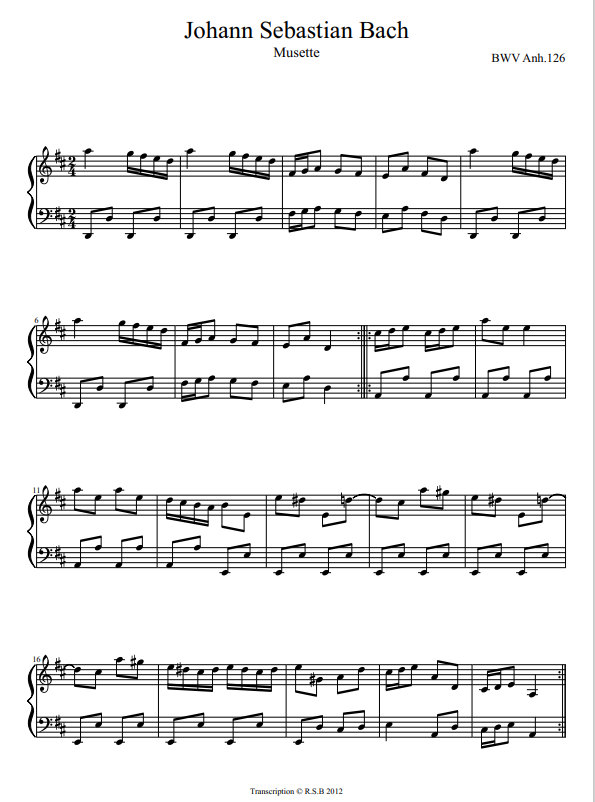
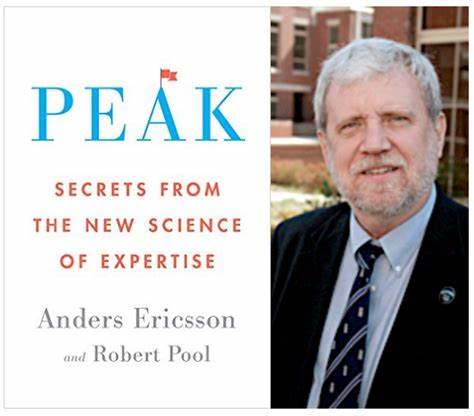
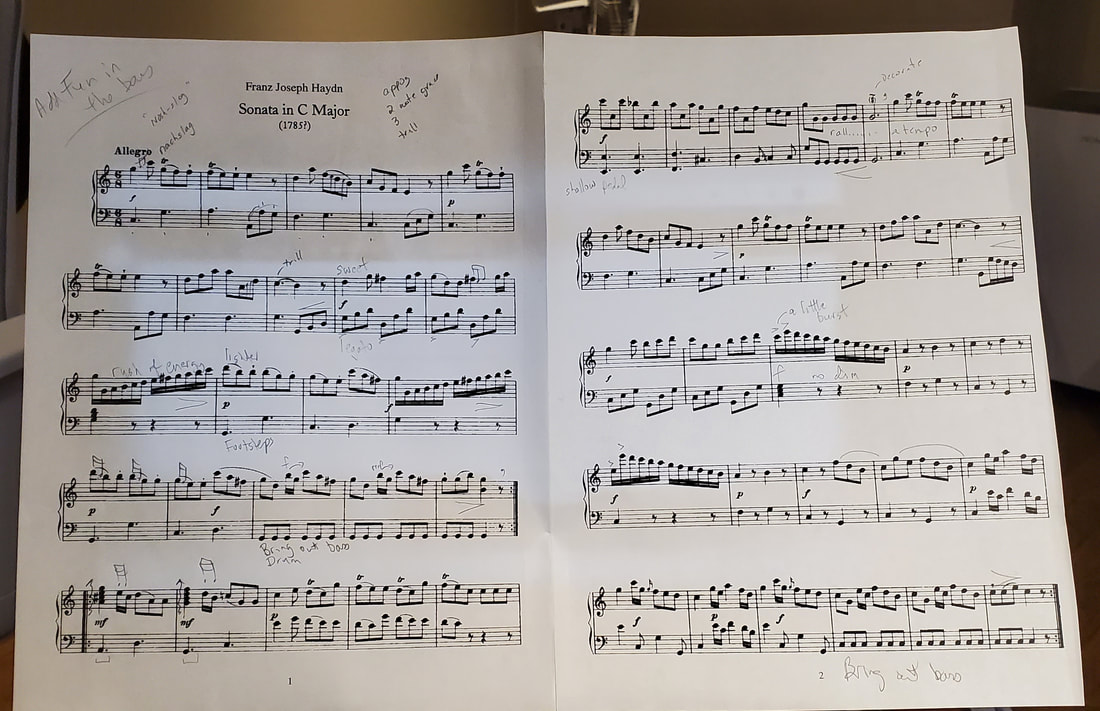
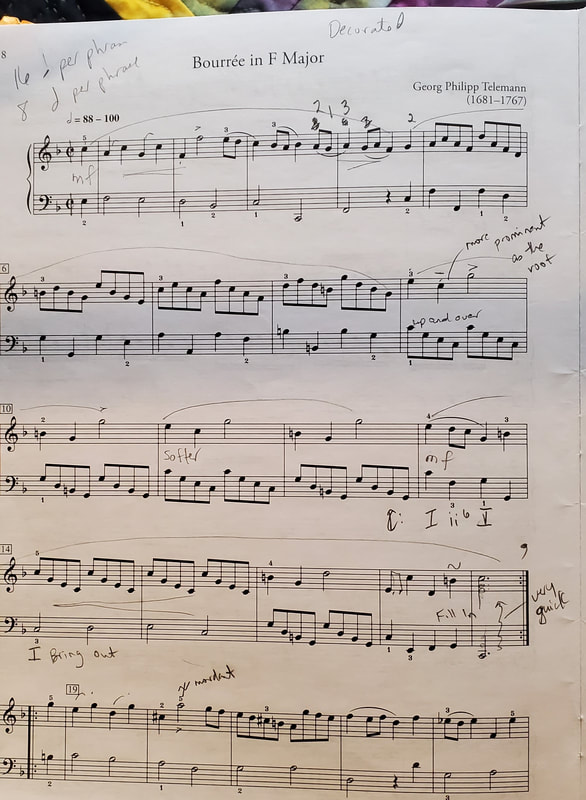
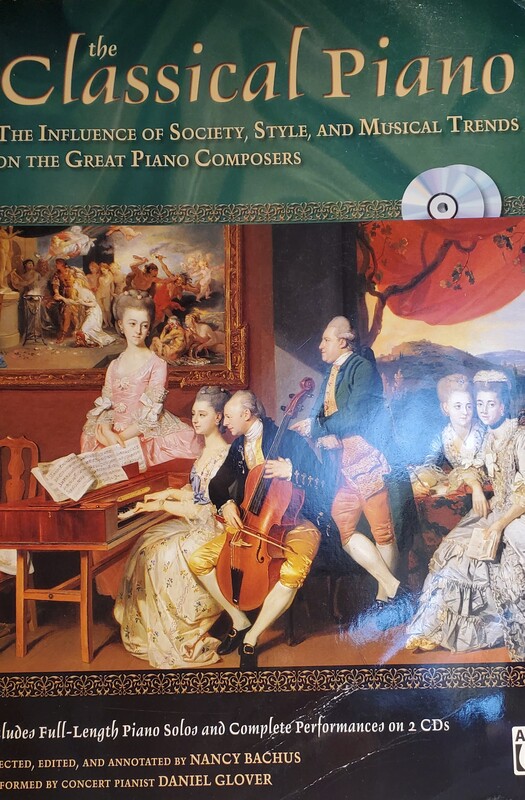
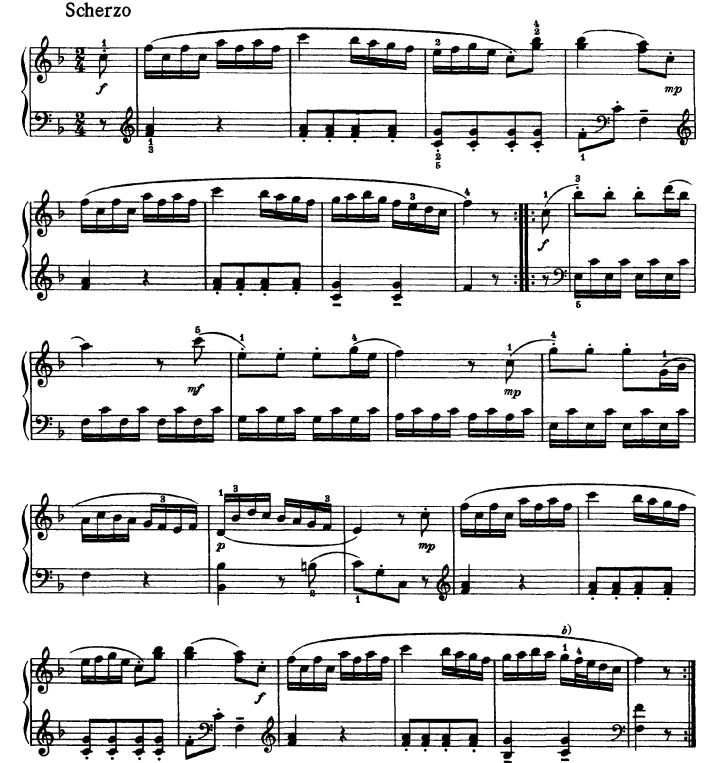
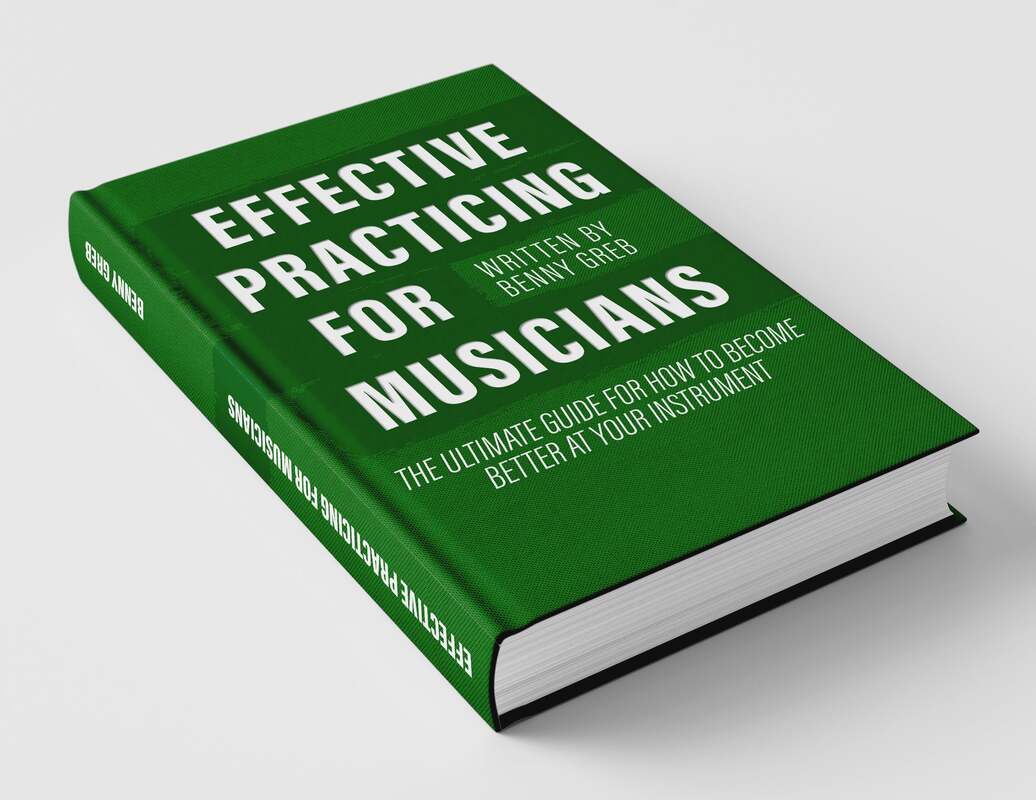
 RSS Feed
RSS Feed